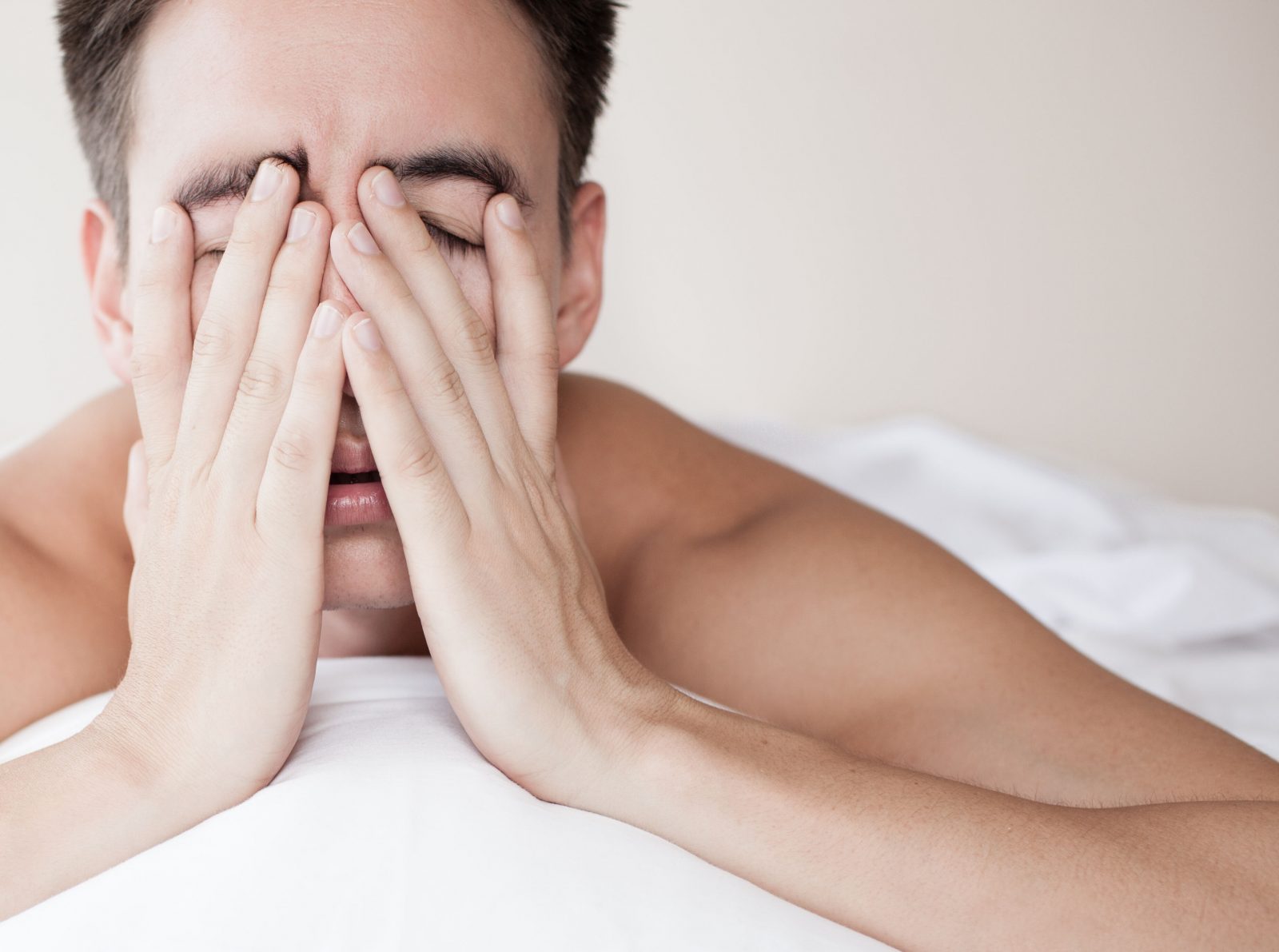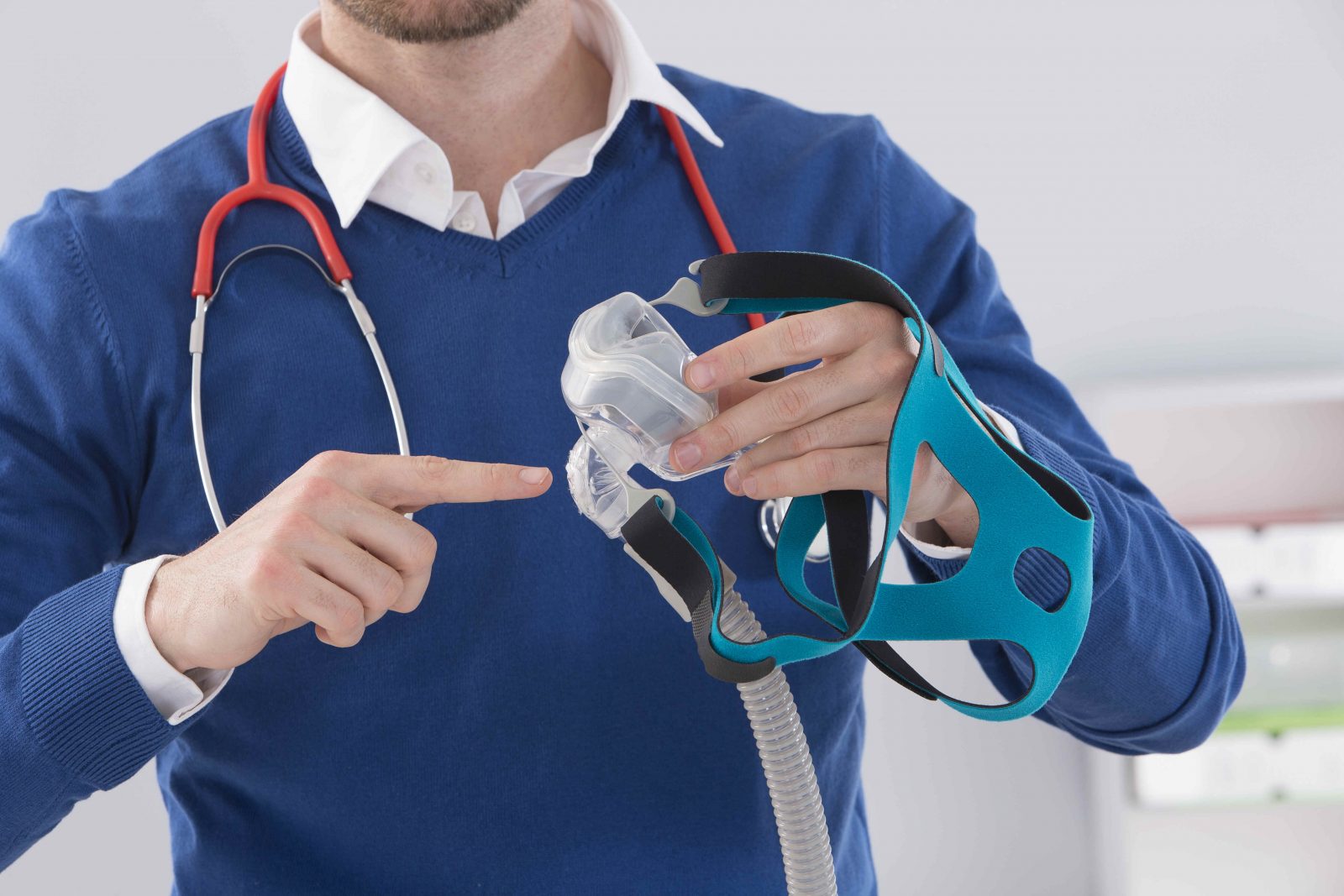Dr. Amin Samadian, a leading comprehensive and advanced dentist in the San Francisco Bay Area, is a double graduate of Tehran Azad University and the University of the Pacific, Arthur Dugoni School of Dentistry. After being a clinical dentist for 7 years and finishing extensive training, he took over a well-established dental practice in Orinda, California and expanded in San Francisco, California, and became the third generation doctor who’s serving more than 3,000 patients in the community. Within his two practices, he established a new healthcare system, that provides a comprehensive dental, medical and cosmetic model that specializes in face and mouth reconstructions and rejuvenation. Haute Beauty expert Dr. Samadian talks about specialized treatments to alleviate symptoms of sleep apnea helping you sleep better at night.
 Photo Credit: Shutterstock
Photo Credit: Shutterstock
You deserve a good night’s sleep every night. If you snore loudly, wake up gasping or out of breath, or feel exhausted during the day, you may be suffering from sleep apnea. An astounding 30% of people suffer from this condition, and a shocking 95% of people with sleep apnea are never even diagnosed. Additionally, sleep apnea has been found to even reduce your life expectancy if not treated properly.
What is sleep apnea?
Obstructive Sleep Apnea (OSA) is a common disorder that affects at least 2% to 4% of the adult population. It occurs during sleep when the tongue and soft palate fall to the back of the throat and completely block the airway.
This shuts off oxygen intake and makes it difficult for you to breathe. Sleep apnea can interfere with your sleep and overall quality of life. If you are a male, overweight or obese, have a thicker neck, smoke, or experience nasal congestion, you are at a higher risk for developing this condition.
Believe it or not, someone with sleep apnea may wake 50 or more times per hour or almost once a minute without having any recollection of it. Known as micro-arousals, these awakenings get in the way of restful and deep sleep.
What are the reasons for sleep apnea treatment?
If you are living with sleep apnea, treatment is essential. Whether you have a mild, moderate, or severe case of sleep apnea, treatment should be considered. It can help you avoid a variety of uncomfortable symptoms such as sleepiness or lack of energy during the day, morning headaches, restless sleep, forgetfulness, mood changes, and waking up with an extremely dry or sore throat. In addition, sleep disorder treatment may reduce your risk of serious health complications such as diabetes, heart disease, and stroke in the future.
What does sleep apnea treatment involve?
First, you must be diagnosed with sleep apnea in order to move forward with any treatment plan. Clinical sleep studies can be extremely costly and uncomfortable, which is why Dr. Amin Samadian is pleased to offer an at-home sleep study. The at-home sleep study uses a sleep apnea machine to monitor your breathing throughout the night. Sleep bruxism, or nocturnal teeth grinding, can also be diagnosed during the sleep study. This study will provide Dr. Amin Samadian with a full-length report on your sleeping issues and help him to design a treatment plan tailored to your unique needs.
The traditional sleep apnea treatment is a Continuous Positive Airway Pressure or CPAP machine, which increases the air pressure in your throat to stop your airway from collapsing every time you inhale. Since many sleep apnea patients find CPAP machines to be bulky, uncomfortable, and loud, Dr. Amin Samadian offers an alternative sleep disorder treatment.
 Photo Credit: Shutterstock
Photo Credit: Shutterstock
He often recommends oral appliances, which are comfortable, sleek, and effective, to treat sleep apnea. The goal of an oral appliance is to move your jaw forward to keep your airway open while you sleep and prevent your tongue from falling back.
Once Dr. Samadian evaluates your unique situation through an airway analysis with a dental cone beam CT, he can recommend the ideal appliance for your specific needs. Your appliance will be custom-crafted for your mouth.
For mild cases of sleep apnea, especially those involving Bruxism, a mouth guard, similar to a clear aligner, may be right for you. Wearing a nighttime mouth guard can allow your jaw to be tilted in an optimal breathing position so that you can get a good night’s rest. Another treatment option for mild cases of sleep apnea is Botox injections.
If you have a severe case of sleep apnea, Dr. Amin Samadian may recommend an oral appliance as well as a CPAP machine so that the CPAP settings can be lowered and you don’t have to deal with the discomfort of using it on higher settings.
For more information, visit Dr. Brian A. Levine's social media:

























